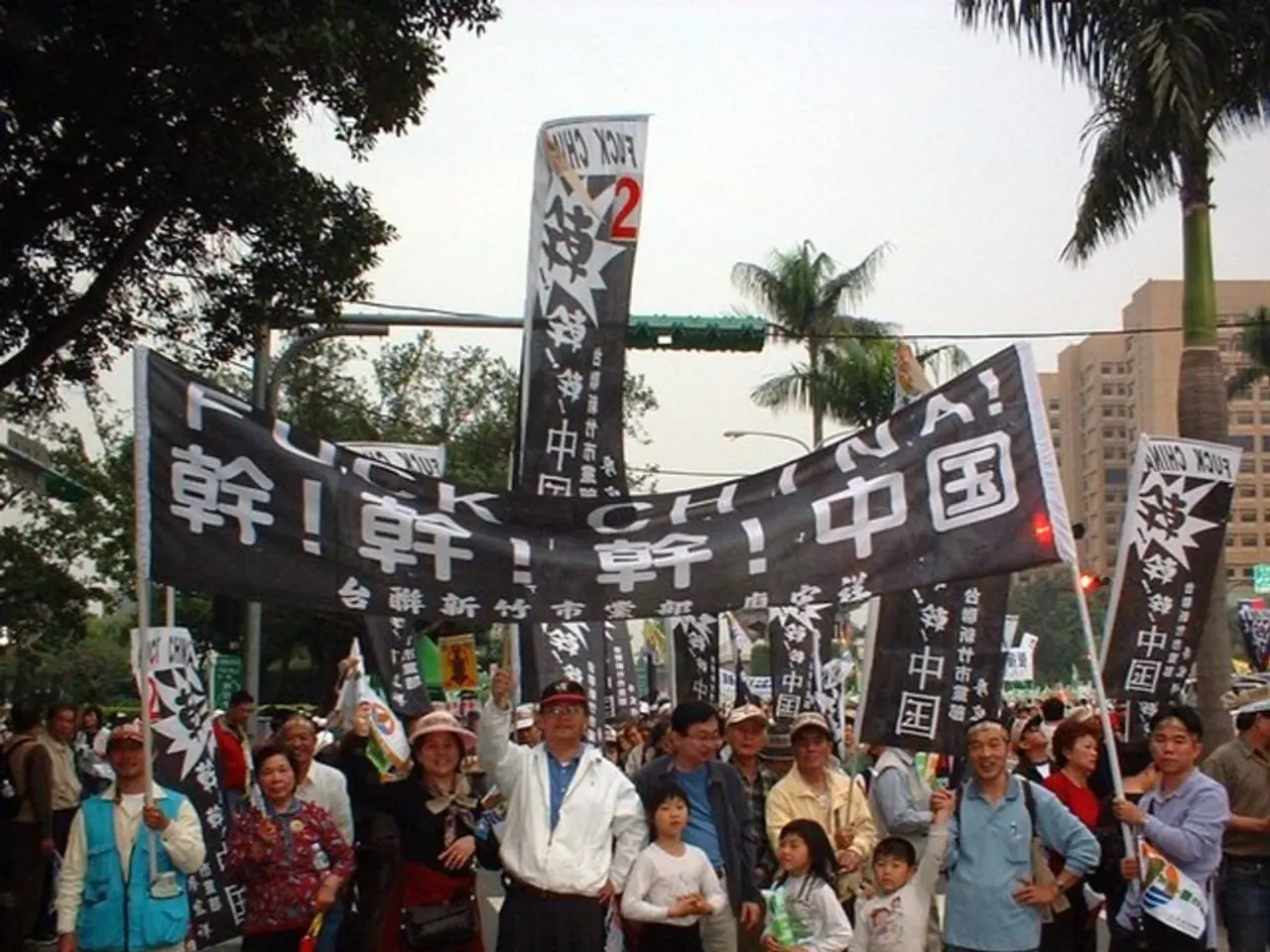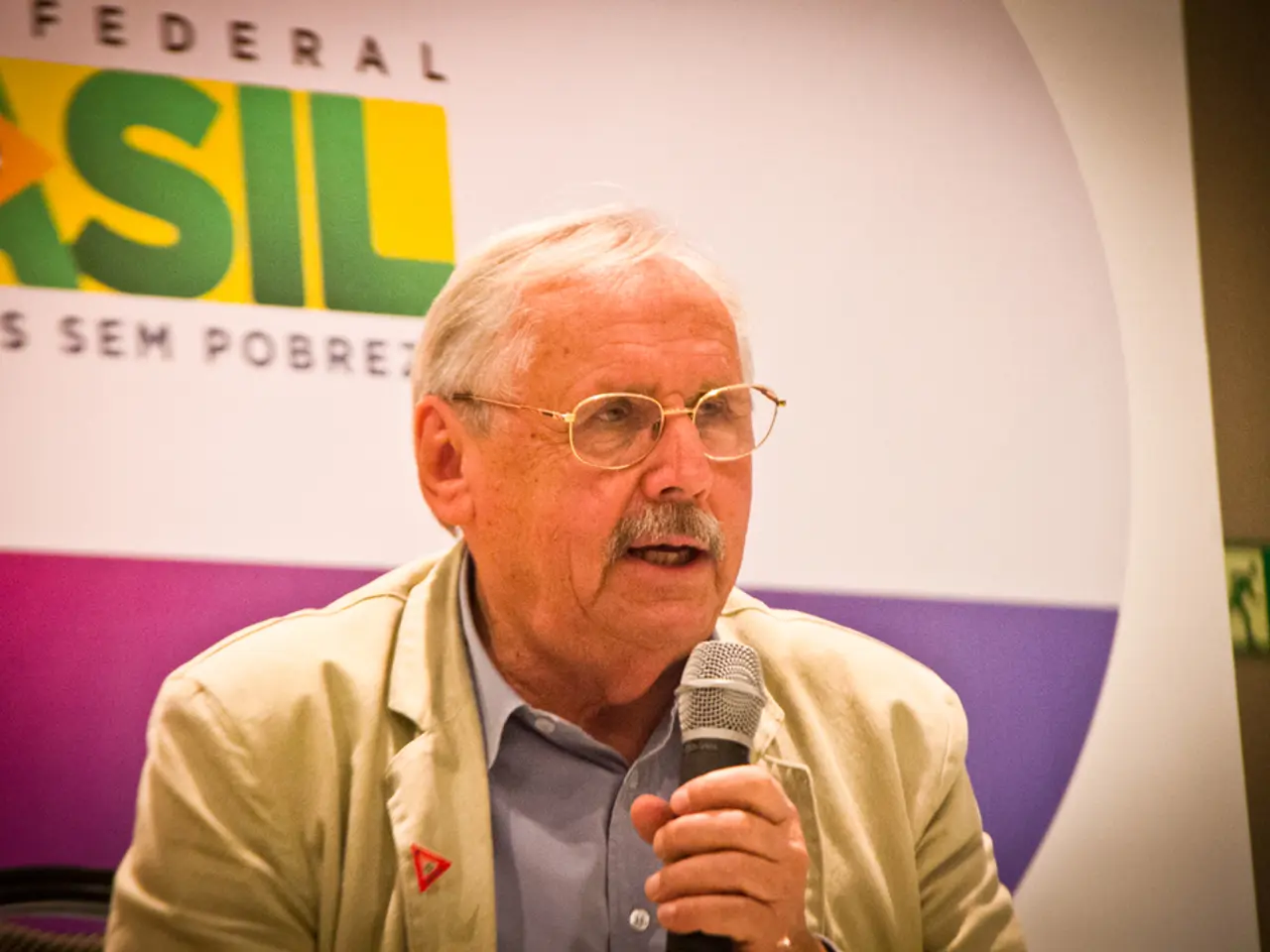Worldwide Egyptian diplomatic buildings secured with chains in unified demonstration of support for Gaza
International Protests Demand Immediate Opening of Rafah Crossing
In late July 2025, coordinated protests took place outside Egyptian embassies and consulates in cities across Europe, North America, and the Middle East. The demonstrations were sparked by the prolonged closure of the Rafah crossing, a border controlled by Egypt that links Gaza to the outside world.
The core demand of these protests was the immediate opening of the Rafah crossing to allow humanitarian aid to enter and alleviate the worsening humanitarian crisis in Gaza. Protesters describe the current situation as a siege causing starvation and suffering.
The key reasons behind these protests include solidarity with Gaza's population, which is enduring "genocide" and "hunger" due to a prolonged blockade and war-like conditions. Protesters are also putting pressure on Egyptian authorities for their role in maintaining the blockade by keeping the Rafah crossing largely closed.
Furthermore, calls have been made for Arab governments to stop their complicity by enforcing or allowing the blockade to persist. Symbolic actions such as locking embassy gates in The Hague and shutting embassy gates in London emphasize protesters’ frustration with Egyptian policies.
One notable protestor was Anas Habib, a young Egyptian man residing in the Netherlands, who livestreamed his act of locking the gates of the Egyptian Embassy in The Hague with a metal chain. Habib directly challenged the official Egyptian narrative by stating that the Rafah crossing is locked from their side, not his.
The Egyptian government responded to these accusations with a televised statement by President Abdel Fattah el-Sissi, who emphasized that the operation of the crossing is not solely under Egypt's control but also depends on the presence of parties within the Gaza Strip. El-Sissi also stated that the entry of aid through the Rafah crossing takes place only after coordination with the other side.
The protests have included clashes in some locations, such as between the Lebanese army and demonstrators outside the Egyptian Embassy in Beirut. Demonstrations have involved a diverse group of participants, including Egyptians, Palestinians, and international supporters.
In summary, these protests represent a coordinated international expression of outrage against the humanitarian blockade on Gaza, with the Egyptian embassies serving as focal points due to Egypt’s control over the Rafah crossing, a critical lifeline for Gaza's people.
References: [1] Al Jazeera, "Egyptian embassies targeted in global protests over Gaza," 28 July 2025. [2] Middle East Eye, "Global protests call for immediate opening of Rafah crossing," 29 July 2025. [3] The Guardian, "Activists shut down Egyptian embassies worldwide to demand opening of Gaza border," 30 July 2025. [4] The New York Times, "Egyptian President Addresses Closure of Rafah Crossing in Television Statement," 31 July 2025. [5] BBC News, "Protests outside Egyptian embassies over Gaza blockade," 1 August 2025.
- The protests in various countries, including Turkey (Turkiye), targeted Egyptian embassies, demanding an immediate opening of the Rafah crossing, a crucial link between Gaza and the rest of the world.
- Ankara, the capital of Turkiye, likely had its own demonstrations as part of the global outcry against the prolonged humanitarian crisis in Gaza, caused by the blockade and war-like conditions.
- Turkish authorities, possibly under President Recep Tayyip Erdogan, might have issued statements or participated in the protests, signaling their solidarity with Palestinians and their condemnation of Egyptian policies on the Rafah crossing.
- Turkish politics, alongside other world powers, has been drawn into the general news narrative surrounding the war-and-conflicts in the Middle East, as Turkey addresses the ongoing situation in Gaza and its impact on neighboring nations.








